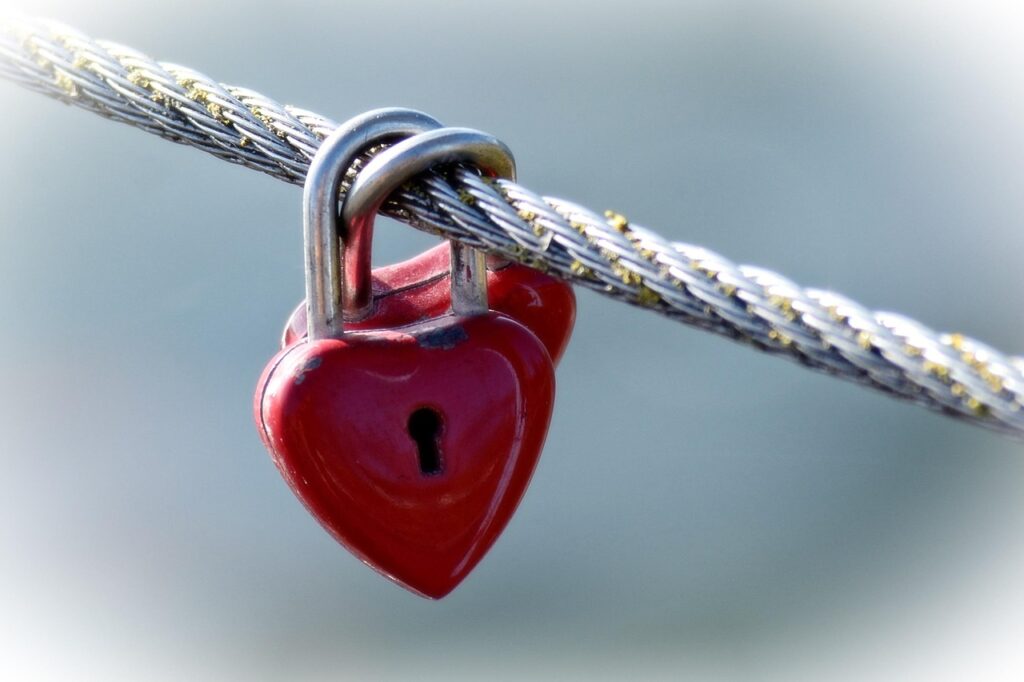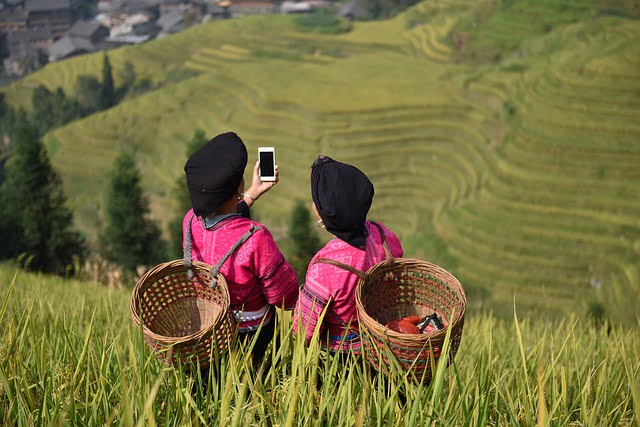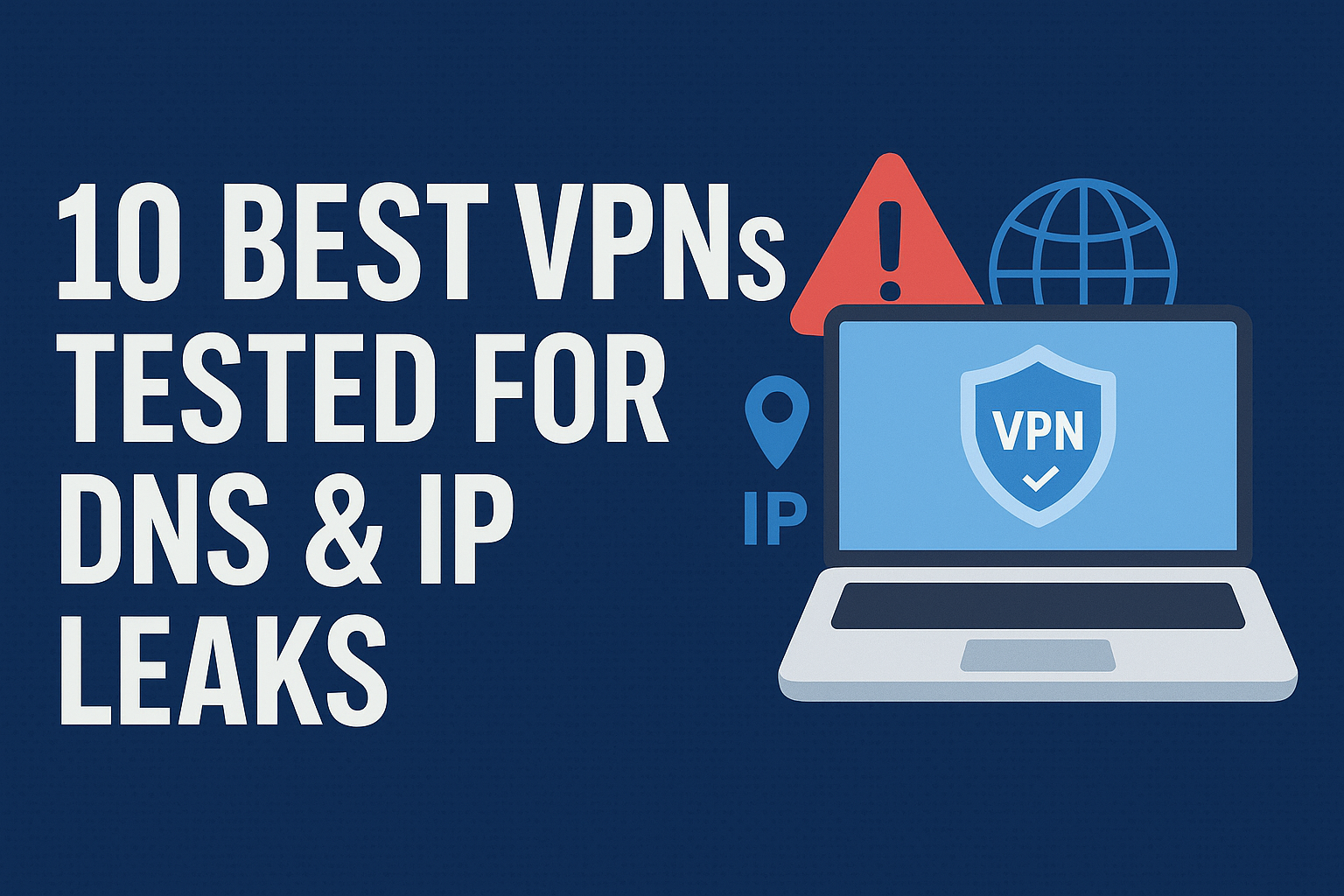From DMs to Dates: How to Stay Safe While Finding Love Online

Online dating has rewritten the rules of interaction – making messages meaningful, and swipes serious. However, with the rise of digital romance, the dangers lurking just below the surface increase as well.
With fake profiles and data leaks, romance scams and location tracking, the modern world of online dating is not only about finding a good match – it is about whether you can do it safely.
And whether you are using applications, such as Tinder, Bumble, or Hinge, or you are meeting via social media, your personal information is probably more open than you think.
This article will discuss ways to remain safe when maneuvering in the world of modern romance. Whether it is by creating a VPN account to protect your privacy, toIdentifying early red flags in conversations, these tips will assist you in enjoying real connections without having to sacrifice your security.
Because finding love should feel exciting — not risky.
The Real Risks of Online Dating
The world of online dating isn’t what it used to be.
On the one hand, with the development of apps, such as Tinder, Hinge, Bumble, and even Instagram DMs, it has become easier to meet people; on the other hand, they have turned into a new cyber threat hotspot. Online fraudsters nowadays are not only out to toy with hearts, but your personal information, money and online identity.
Here are some of the biggest risks you need to know:
1. Catfishing and Fake Profiles
All of them are not what they appear to be. Not all users go by their true names, use stolen pictures, or made-up stories to earn your trust and eventually control you. At the most severe level, one is not simply talking about emotional deceit, but the establishment of scams or even blackmail.
2. Romance Scams
It’s not a movie story line, it is a one billion dollar crime. Fraudsters establish emotional relations with their victims and at some point request monetary gifts under the pretext of emergencies or visa fees and medical bills. The FBI considers romance scams to be one of the most financially devastating cybercrimes at the moment.
3. Phishing Links and Malware
The link that they posted to view more pics? It may not be so harmless as it appears. Unknown links sent by strangers, even on dating applications, can install malware on your device or Phish information such as your login details or bank account details.
4. Location and Metadata Tracking
A lot of dating applications utilize geolocation services and indicate the distance between you and another individual. Although this sounds useful, it can reveal your real-time location. Even worse, when you share photos, the metadata (EXIF data) can include GPS information without you knowing about it.
5. Data Breaches
Apps themselves are not immune. When a dating site is data breached, your profile data including name, email, photos, and even sexual orientation might be dumped online. and once it is published you can never recall it.
Smart Safety Tips for Online Dating

This is not the time to give up on dating apps, just make sure you are wiser in using them. Being smart online dating is just a matter of being aware, careful and having the right tools.
Here’s how to protect yourself without killing the vibe:
1. Use a VPN to Hide Your Digital Footprint
when you are talking to somebody online, you are not only exchanging emojis, but you are also exchanging data. Virtual Private Network (VPN) encrypts your connection and conceals your IP address, thus preventing anyone to figure out your location and monitor your activity.
Especially if you’re using public Wi-Fi or traveling, a VPN is your first line of defense.
2. Do a Reverse Image Search
If something feels off about their profile pic, trust your gut. Use a tool like Google Reverse Image Search or TinEye to check if that photo is stolen from someone else’s Instagram or a stock image website. It’s one of the easiest ways to detect catfishers early.
3. Keep Personal Info Off the Table (At First)
Do not give out your surname, company, residential address or personal email immediately. And certainly do not ship documents, passport photographs, or anything confidential – however much the relationship may seem real. Fraudsters excel at creating emotional rapport in a short period of time.
4. Watch Out for Emotional Red Flags
When a person is in a hurry, does not want to use a video connection, or there is always an excuse why he or she cannot meet — stop. Romance scammers will use over-the-top flattery, love bombing, or elaborate emergencies as classic manipulation tactics.
5. Stick to the App Until You’re Sure
Safety features on most dating apps include blocking and reporting as well as identity verification. As soon as you turn to texting or calling out of the app, that protection is gone. When you are sure that the individual is genuine, then you can transfer the discussion to a different platform.
6. Trust, but Verify
Before you meet someone in the real life, tell your location to a trusted friend, agree to meet in a crowded place, and establish boundaries. Better still- have a brief video call prior to the meeting, just in case.
How to Use a VPN for Safer Online Dating (Without Slowing Everything Down)
Online dating: they can see your smile in your profile, but your IP address tells a lot more than you imagine: your actual location, device model and internet provider are just some of the data revealed. The solution is a VPN (Virtual Private Network) that becomes your digital wingman there.
Here’s how it works and why it matters:
What Does a VPN Actually Do?
VPN establishes an encrypted connection between your computer and the web. It covers or hides your actual IP address by encrypting your traffic through a secure server, usually in a different country, so that nobody can know your location, and track your activity.
Think of it as putting your online identity in stealth mode.
Why It’s Crucial for Dating Apps:
- Location Privacy: Many apps like Tinder and Bumble rely on your GPS to show matches nearby. But your IP can still leak your true city or neighborhood — especially if location settings are sloppy. A VPN ensures you stay in control.
- Safer on Public Wi-Fi: Chatting over coffee shop Wi-Fi? Hackers love unencrypted networks. A VPN shields your convos and pics from being intercepted.
- Avoid Regional Restrictions: Some dating platforms or features are geo-restricted. With a VPN, you can access them securely — even if you’re traveling or living in a censored region.
Does a VPN Slow Down Dating Apps?
Hardly – and only when you use a slow or free VPN. High-end VPNs such as NordVPN, ExpressVPN, or Surfshark have fast servers, optimized streaming and mobile app servers. You most likely will not even feel the difference.
Best Practices:
- Always use a kill switch feature — it stops internet traffic if the VPN drops unexpectedly.
- Connect to a server near your actual region if you want realistic match suggestions.
- Don’t just rely on the VPN — pair it with strong app permissions, two-factor authentication, and smart digital habits.
Red Flags That Are Easy to Miss — But Can Save You From Major Regret
Internet dating is exciting, yet one needs to be keen. Fraudsters and other manipulators are usually hard to detect as most of them can use charm, desperation, or flattery to mask their true motives.
Here are some under-the-radar warning signs you should never ignore:
1. They Avoid Video Calls
If someone consistently finds excuses to skip video chats, especially after weeks of texting, that’s a serious red flag. Most legitimate users will happily jump on a quick FaceTime or Zoom to connect more personally. Avoidance often means they’re hiding their true identity.
2. They Move Too Fast, Emotionally
Saying I love you within days. Discussing marriage when you have not even met. Claiming that you are their soulmate after a couple of messages. There is nothing romantic about this type of emotional intensity – it is strategic. Fraudters develop emotional dependence very soon in order to manipulate afterward.
3. Their Stories Don’t Add Up
Look out for contradictions. When they claim to be a doctor but can never meet you during so-called «hospital hours» or a global traveler who can never seem to get a phone signal, and so on – use your common sense. The thing is that real-life individuals do not have fairy tale backgrounds; they have real schedule concerns.
4. They Ask for Personal Help or Money
This may sound self-evident, yet it is quite frequent. They can begin with petty things – phone top-ups, gift cards, or even “short-term” loans. This is standard romance scam operating procedure. Although they may promise to reimburse you, do not believe them.
5. Their Profile Feels… Off
Professional looking photos galore? A life that is worth instagramming but barely any presence on the internet beyond the app? No common links? All of this is an indication that the profile may be a fake or AI-generated one.
6. They Get Defensive When You Ask Basic Questions
When the person gets angry or makes you feel guilty or goes suddenly quiet when you request them to check on something- it is a power trip. The relationship is built on honesty and not mysteries and games of manipulation.
Best Privacy Tools & Settings for Dating Apps (That No One Tells You About)

The majority of users simply download the application, post a photo, and start swiping, however, unless you take a minute to change your settings, you are sharing much more than you realize.
Here’s a list of underrated tools and features that can seriously upgrade your privacy while using dating apps:
1. Location Settings (Limit GPS Tracking)
Many dating apps request precise location access — not always necessary. Instead:
- On iPhone: Go to Settings > Privacy > Location Services and set the dating app to “While Using the App”.
- On Android: Do the same under Settings > Location > App Permissions.
Turn off background location access unless you really need it.
2. Turn Off Contact Sync
Dating apps such as Bumble and Tinder may ask you to give them access to your phone contacts — do not give them permission. This has the potential to leak your personal network and even reveal your dating behavior to your acquaintances (uncomfortable enough?).
3. Use an Alias or Nickname
You do not have to give out your full name immediately. Lots of applications permit the use of a first name and even nickname. Don not put your last name on your profile and do not connect your Instagram or Spotify unless you are sure about 100%.
4. Blur Your Photos in Search (If Available)
Other apps such as Bumble now give you an option to blur your profile until you like someone. Use it. This allows you to control the audience to your photo in those sensitive cases such as small towns or work places.
5. Use a Separate Email
Do not put your main email in dating apps. Create a specific email (such as Gmail) to do this. It allows you to separate your dating profile with your work or personal accounts and allows easier cleanup in case you ever remove the app.
6. Enable Two-Factor Authentication (2FA)
Turn on it, in case the app has this feature. This provides an additional security to your account in case of a break in attempt. It takes one minute and creates a huge difference.
7. Install a Tracker Blocker on Your Browser
If you ever use dating sites on your laptop (like Match or OkCupid), install a tracker-blocking extension like:
- uBlock Origin
- Privacy Badger
- DuckDuckGo Privacy Essentials
These stop third-party advertisers from collecting data about your behavior.
Bonus: Use a Burner Number
There are apps, such as Google Voice or services, like Hushed, that can give you a second number. When you begin texting a new person and do not want to give out your actual number, use this.
Conclusion
There is a new way of finding love, and that is through online dating, or better yet, through online dating sites, but these have their share of dangers, too. Whether it is fake profiles and scams or data leaks, there is much to be cautious about.
The main trick here is to remain intelligent and keep privacy. A VPN and protection of personal information as well as the ability to trust your intuition when something seems not right. It is important to remember, that your heart must be open, but your data must not.
The search of love on the Internet must be thrilling, but not risky. Then swipe carefully, chat prudently and make your online dating experience a safe and happy one!
FAQs
Q1: Should I use a VPN while dating online?
Yes! A VPN hides your real location and encrypts your data, making it harder for anyone to track or hack you—especially on public Wi-Fi.
Q2: How can I spot a fake profile quickly?
Look for inconsistent stories, overly professional photos, or if they avoid video calls. You can also do a reverse image search to check if their photos are stolen.
Q3: Is it safe to share my phone number right away?
No. Use a burner number or wait until you trust the person before sharing your real phone number.
Q4: What should I do if someone asks me for money?
Never send money to anyone you met online, no matter how convincing their story sounds. It’s a common romance scam tactic.
Q5: Can dating apps leak my location?
Yes, if location permissions are set to ‘always allow’ or if photos have GPS metadata. Always limit location access and remove metadata from pictures.
Loading newsletter form...






